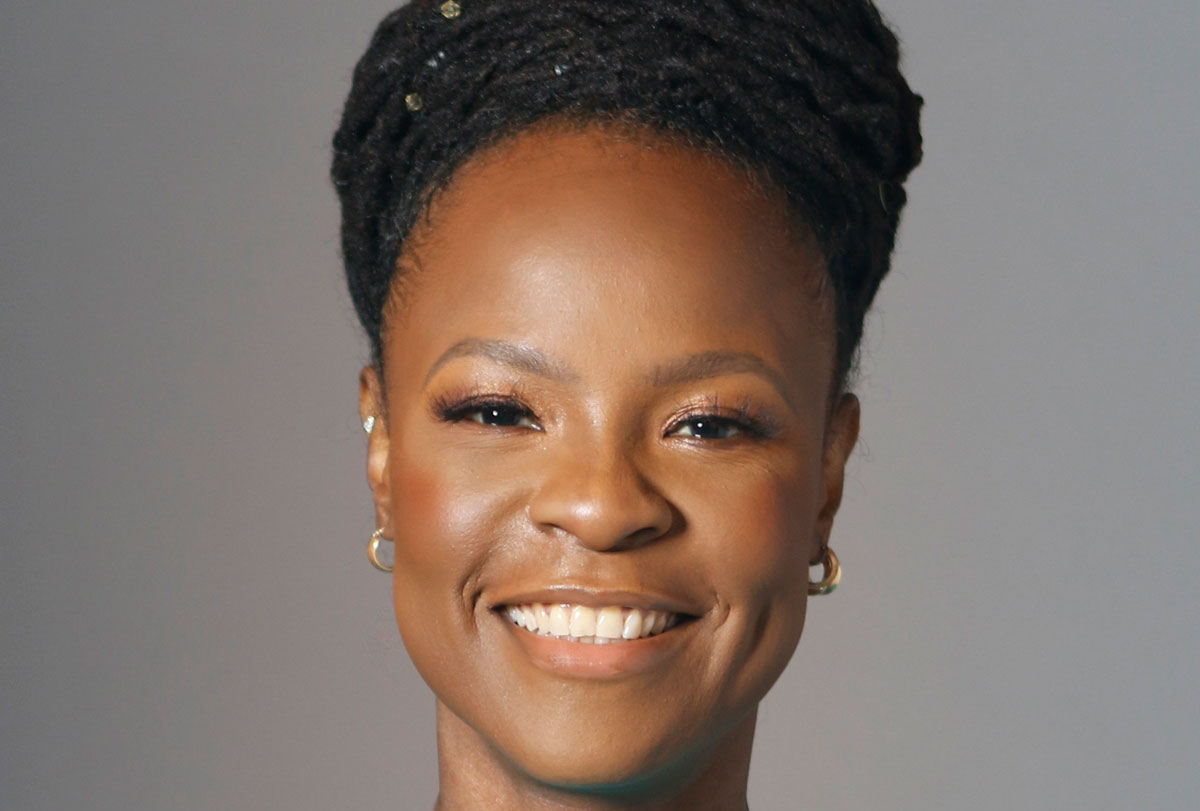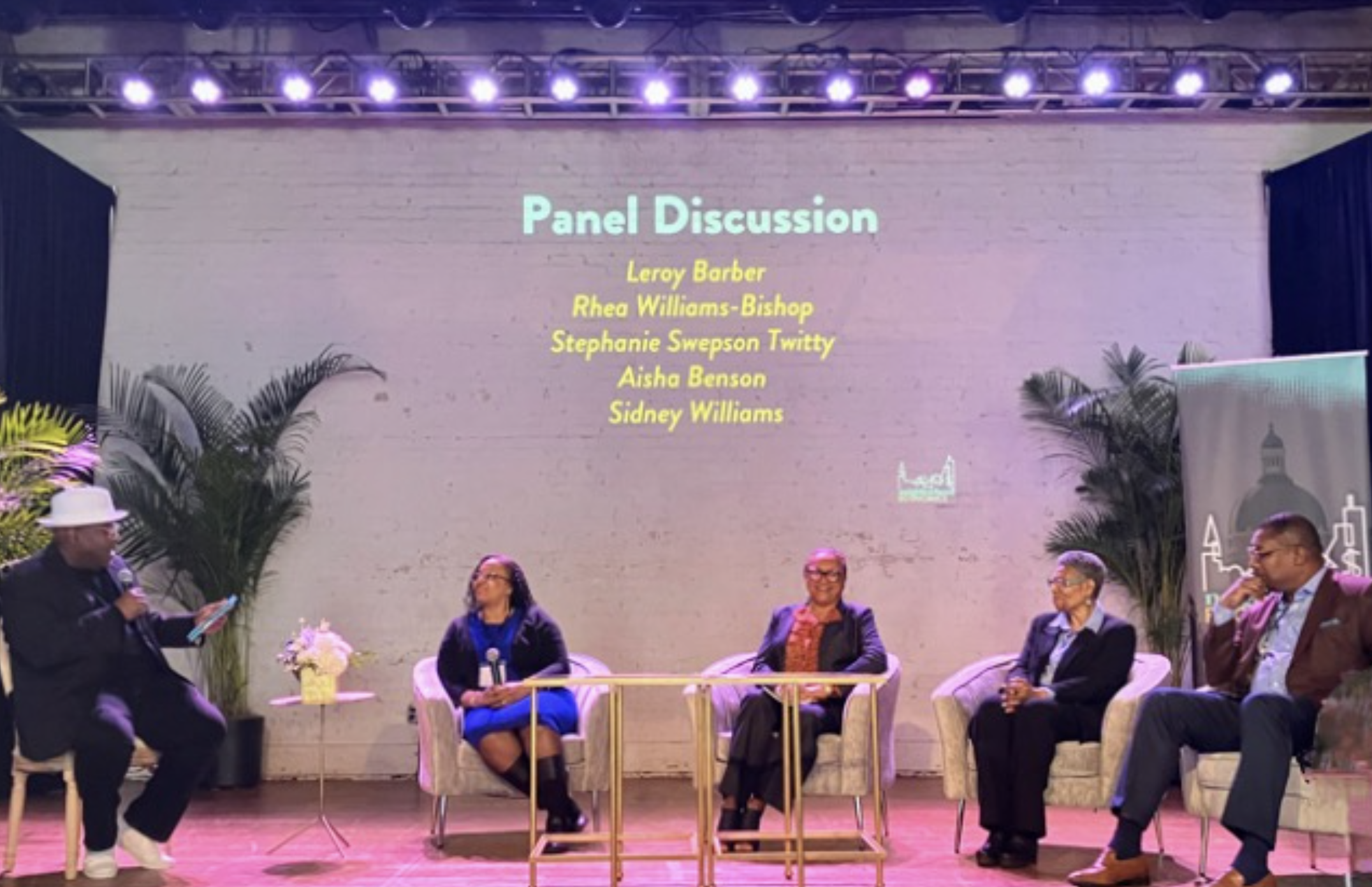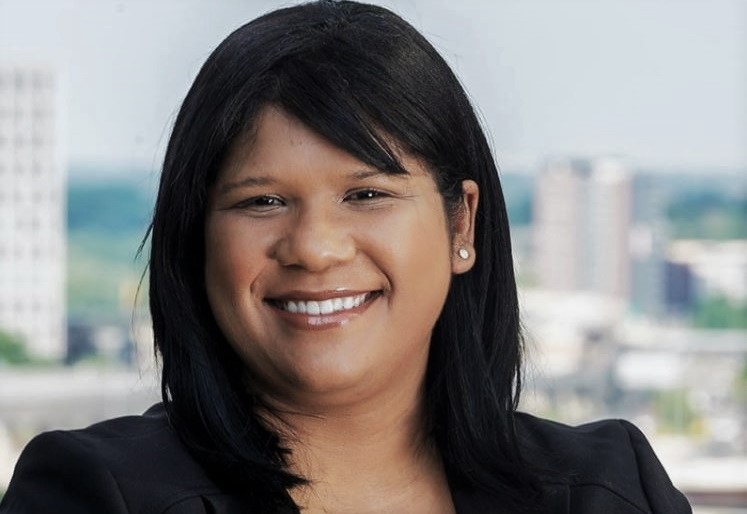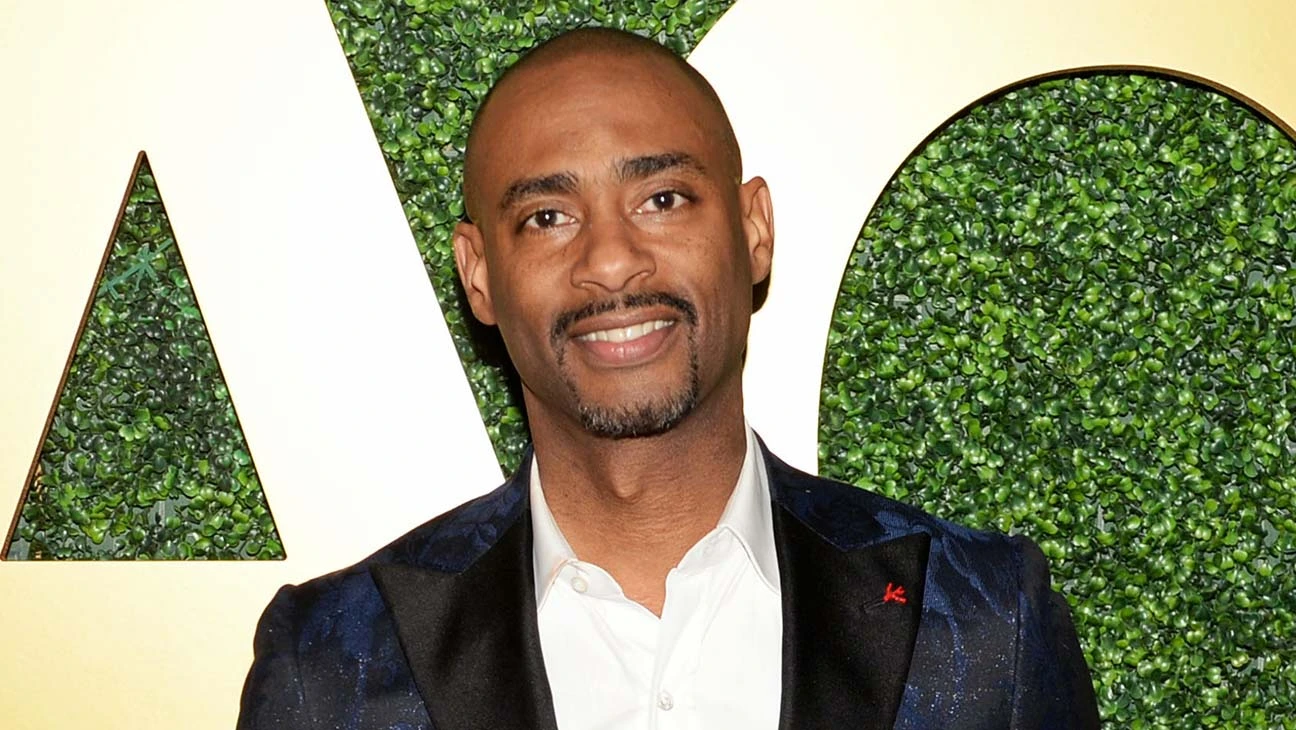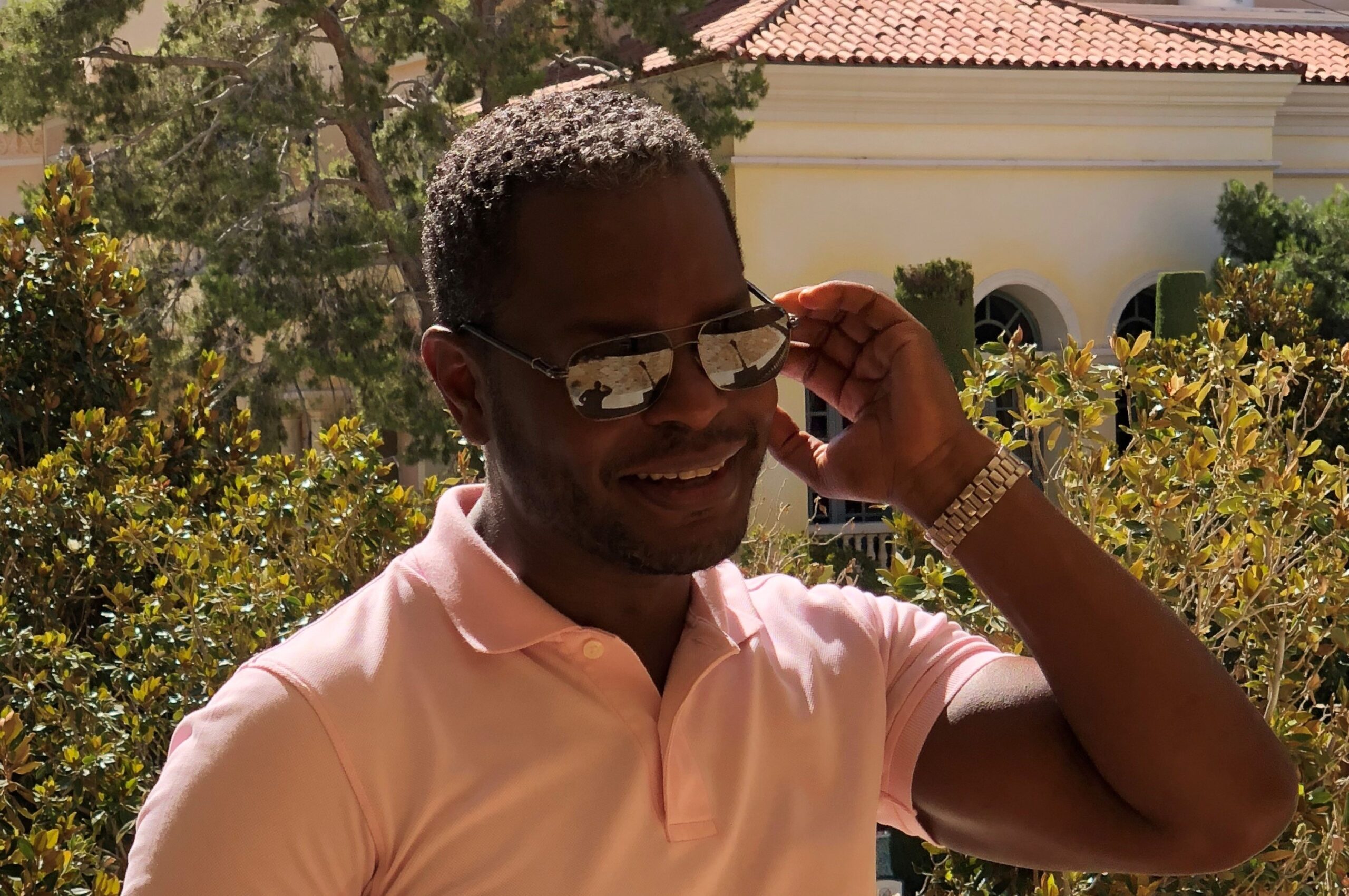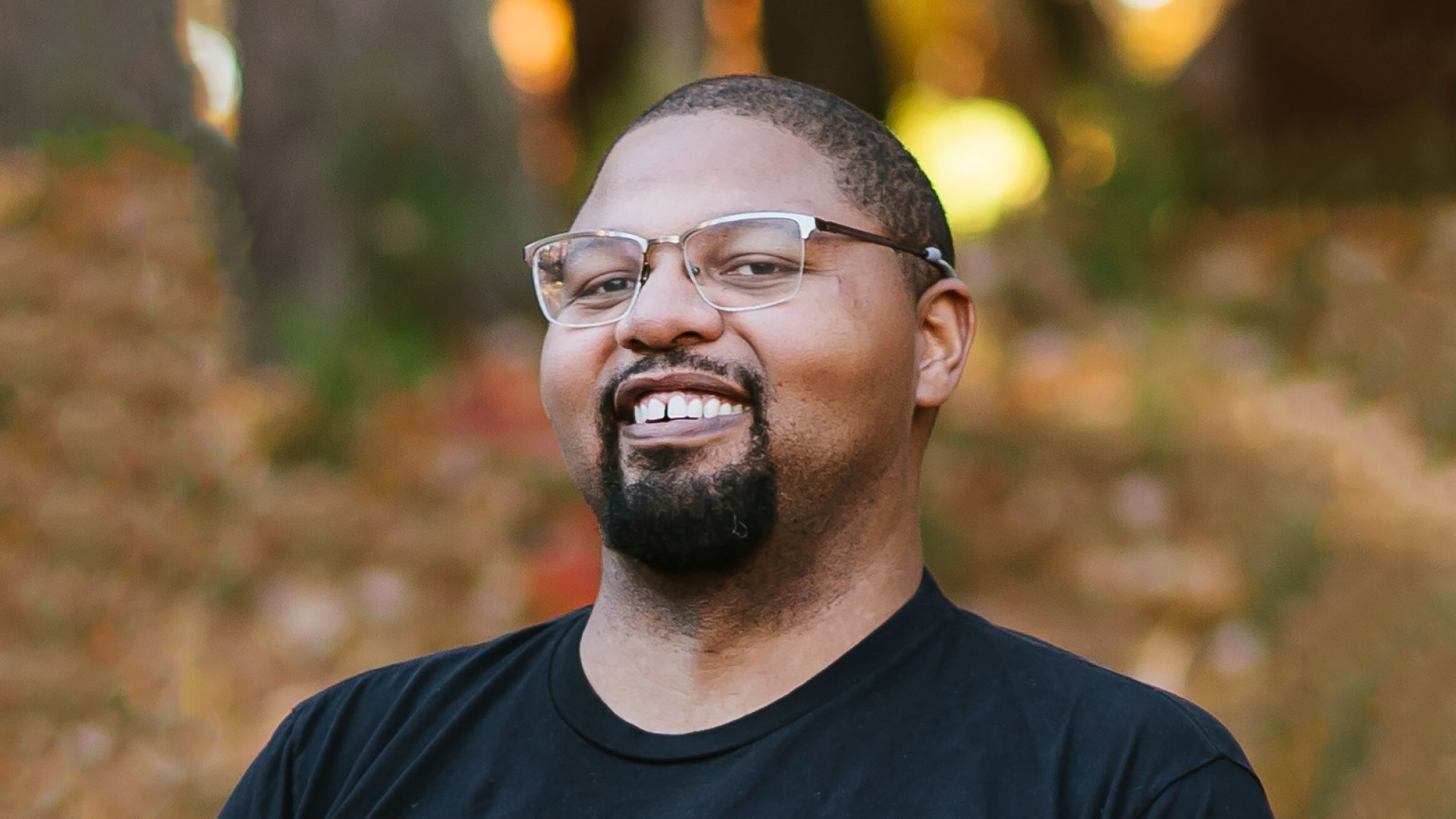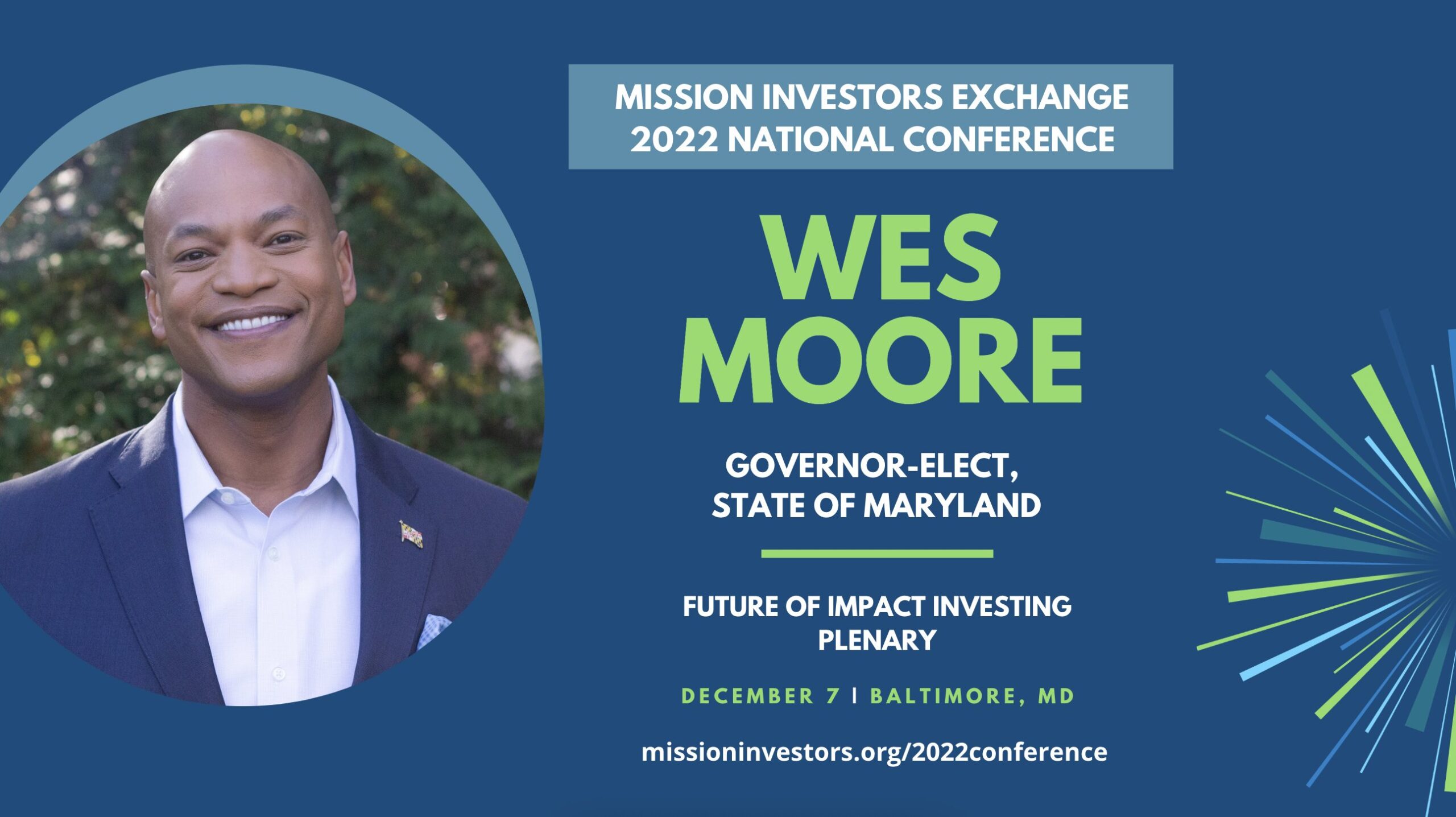ImpactAlpha July 26 – Renée Joslyn wants to restore philanthropy to the roots of the word: love of humanity.
Joslyn, the founder of Philanthropy Unbound, a consultancy specializing in individual, family, and corporate philanthropy and social impact programs, joined The Reconstruction podcast on the eve of the 10th annual Black Philanthropy Month, coming in August.
“Philanthropy needs to be unbound,” she says, from the premise “that it’s only mainstream, large institutions that get to give love to humankind.”
She embraces a broad definition of philanthropy that includes financial, social, intellectual, and human capital and recognizes that grants are investments with a collective return (see, for example, “Mobilizing all forms of capital for sustainable development,” by Gillian Marcelle).
New norms
Philanthropy Unbound’s annual Philanthropy 100 list of leaders – including corporations, foundations, individuals, and nonprofits – that are re-imagining how capital can express love for humanity. Nominations for this year’s list are open through August 25.
Joslyn started Philanthropy Unbound in 2011 to reframe the philanthropy conversation, connect communities in new ways, and contribute the wisdom she has gained in her own career. Joslyn witnessed first-hand the shortcomings of philanthropy while fundraising for the Civil Division of Legal Aid Society and in positions at Ms. Foundation for Women, Tides Foundation and the Clinton Global Initiative.
Joslyn says investors in decision-making roles must acknowledge the harm from practices that have persisted for decades. BIPOC and other communities, such as immigrants, often aren’t acknowledged in white-led organizations, notes Joslyn. When investors do support BIPOC communities, explains Joslyn, they often erase nuances between BIPOC groups. For example, investors that set aside a single allocation for BIPOC communities can stoke competition rather than solidarity. They also ignore important differences among groups and intersections between them, such as women of color.
From how assets are managed to who receives them, many of the accepted practices of philanthropy may exacerbate injustice and overlook the breadth and diversity of humanity-loving activities. “Always include the folks that you’re serving in the decisions around the services,” Joslyn tells host Monique Aiken.
The institutional image of philanthropy leaves out alternative and imaginative models, including giving circles, volunteerism, and mutual aid. These models go underrecognized in spite of their impact and are challenging what “responsible” investing even is. Community-based support like mutual aid can relieve organizations of the expensive reporting requirements common in institutional philanthropy. It may also reach people faster in times of need, including during the pandemic.
“You think of a Ford, you think of an OSF (Open Society Foundation), you think of a Kellogg,” says Joslyn. “But philanthropy really started on the individual every day basis: people just helping people.”
Power dynamics
Black Philanthropy Month, created by Dr. Jackie Bouvier Copeland and the Pan-African Women’s Philanthropy Network, now called Reunity, has created a list of 10 global Black funding principles. Joslyn called on capital decision-makers to participate in Black Philanthropy Month by adding their activities to its public calendar.
Copeland, also founder of the WISE Fund, was on Philanthropy Unbound’s 2020 Philanthropy 100 list. Wise supports women-led organizations developing technology in Indigenous and Afro-descent communities of Africa, Australia, Brazil, India and USA. Also on the list: the Association of Black Foundation Executives, which works with members to deepen philanthropy’s responsiveness to equality, diversity and inclusion, along with Angela Davis and Grantmakers for Girls of Color.
A growing group of organizations are taking this approach to heart, by shifting power dynamics in the lending process, expanding the scope of community input, or ceding control.
For example, Thousand Currents, which supports grassroots groups led by women, indigenous peoples, and youth, created the Buen Vivir Fund to reshape the rules of lending. The fund applies the same application process to both investors and investees, who all hold the same responsibilities. The Fund’s Members Assembly maintains a slight majority of grassroots groups, versus financial investors.
Fresno DRIVE is a 10-year investment plan in the greater Fresno region that was developed with input from a 300-person committee representing over 150 organizations working in California’s Central Valley. Supported by several foundations, the plan focuses on equitable and inclusive development.
Black Farmer Fund recently launched a fund to help Black farmers and food business entrepreneurs in New York state access non-extractive capital. In the model, a dozen Black farmers, business owners, and organizers are designing and leading the fund, including deciding which projects to fund and how. Fair Food Network’s Fair Food Fund is supporting administration.
Heron Foundation is putting decision-making into the hands of community leaders in five to 10 regions over time. Eventually, they will turn over investment authority to commit Heron’s assets without further approval or ratification by Heron staff to these local bodies.
General operating support
Foundations often provide restricted grants only for expenses readily tied to programs. These grants fail to cover overall operating infrastructure, and complicate nonprofit financial accounting — adding another cost. BIPOC-led organizations are less likely to receive flexible support.
Nonprofits have been beating the drum for general operating support for at least 40 years, to limited effect. By starving infrastructure and then taking that funding away after a year, foundations actually work against the sustainability of the organizations they seek to support, says Joslyn.
Many white leaders have had ‘aha moments’ after witnessing racial disparities in the impact of the pandemic and the murder of Black people by the hands of police.
“The opportunity now is to say, ‘Oh, I need to invest differently. I need to pay attention,’” Joslyn reflects. “‘I need to make sure that what I’m doing is comprehensive.’”

